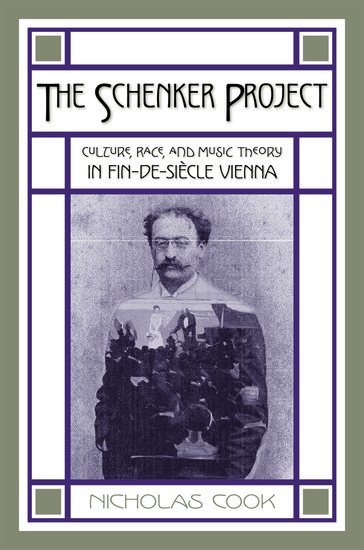Evidence that clears Heinrich Schenker of alleged racism
NewsProfessor Timothy Jackson of the University of North Texas was cancelled by The Journal of Schenkerian Studies that he had founded after a New York associate professor, Philip Ewell, attacked Schenker for being racist. When Jackson responded, he faced a student mob baying for his head.
The university took an equivocal position and the legal battle is far from over.
Jackson has now published a paper showing how Ewell misread, mistranslated or misquoted German documents to arrive at his contentious supposition about the patriarch of music theory.
He writes:
‘Schenker wasn’t perfect—like almost everyone else during those fearful and confusing years, he was human, all too human. My intention is not to canonize him, nor to make him a subject of hagiography. He is a subject of history, and an ability to appreciate nuance, context, and complexity is what makes for truly sophisticated historical inquiry. This idea is being trampled by crude interventions that seek only to condemn and denounce. People outside of music and music theory may wonder why this debate concerning Schenker is of such tremendous importance. At stake is not simply the narrow matter of Schenker’s reputation, but the integrity of scholarly inquiry itself—the pursuit of truth and historical accuracy.’
Read the full paper here.






Comments